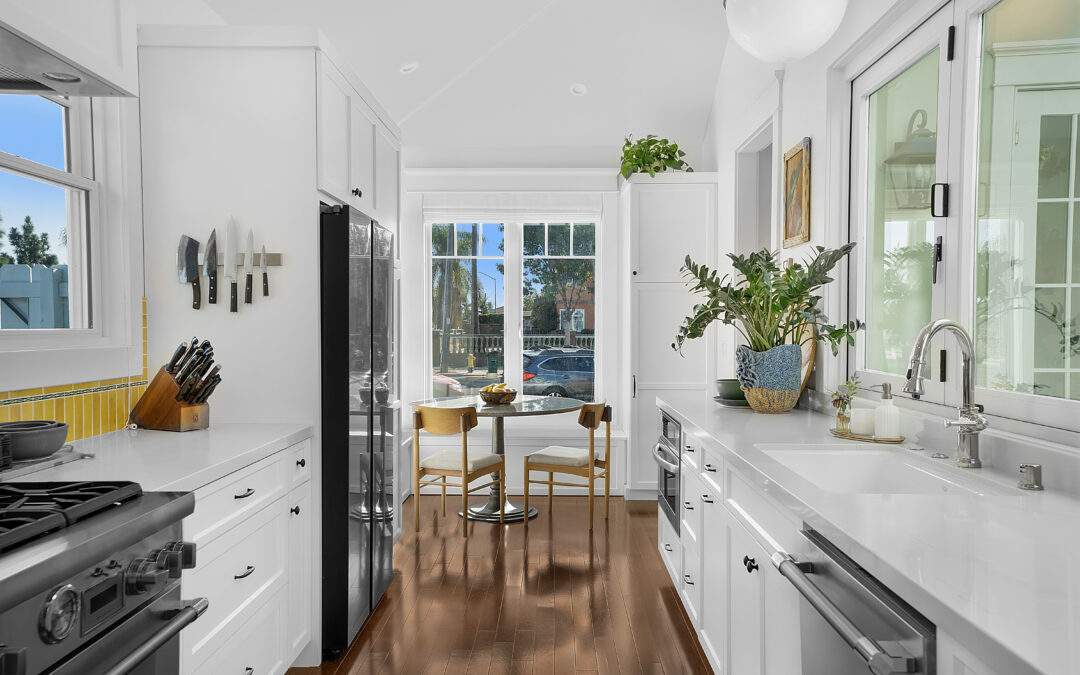1. Establish Clear Goals and Budget Upfront
-
Tip: Before you start shopping for a contractor, define your goals for the project. Are you adding extra space, building a home office, or creating an ADU (Accessory Dwelling Unit)? Knowing your end goal will help guide the design and build process, ensuring the project aligns with your vision. Additionally, have a budget in mind to help narrow down your choices and keep the project on track.
2. Check Licenses and Qualifications
-
Tip: Always verify the credentials of the contractors you’re considering by checking their license status on the Contractor State License Board (CSLB) website. Make sure the contractor has the right licenses (e.g., a B license for general contracting) and that they carry workers’ compensation insurance. This ensures you’re hiring a qualified professional who meets legal and safety standards.
3. Choose a Team with Relevant Experience
-
Tip: Opt for a contractor with a proven track record in projects like yours. For instance, if you’re building an ADU, make sure they have experience specifically with that type of project. A well-rounded team with past successes will ensure that the project runs smoothly and that the results meet your expectations.
4. Understand the Scope and Bids
-
Tip: When comparing contractors, make sure you’re comparing apples to apples by looking closely at the scope of work in their bids. Be sure to clarify what’s included in each bid to avoid misunderstandings later. Contractors who provide detailed, itemized bids are often more organized and transparent, helping you to stay within your budget and prevent hidden costs.
5. Prioritize Communication and Compatibility
-
Tip: A good working relationship with your contractor is crucial to a successful project. Make sure there is an open line of communication and that both parties are on the same page in terms of expectations. This will reduce stress and ensure a smoother process. Also, look for a contractor who is empathetic to your concerns and understands the emotional and financial aspects of your project.
By following these tips, you’ll be better prepared to select a contractor who can turn your dream project into reality while minimizing potential issues.

